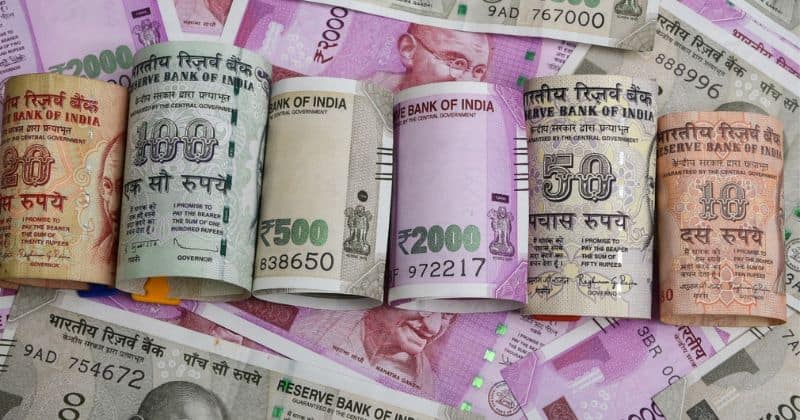What is the Wholesale Debt Market?
The wholesale debt market is a segment of the financial market where debt instruments such as government securities, corporate bonds, debentures, treasury bills, and other fixed-income securities are bought and sold in bulk. Unlike the retail debt market, which caters to individual investors, WDM is primarily dominated by institutional investors such as banks, insurance companies, pension funds, mutual funds, and corporate entities.
Structure and Participants
The WDM segment operates through recognized stock exchanges, with the National Stock Exchange (NSE) and Bombay Stock Exchange (BSE) being the primary platforms facilitating such transactions in India. The key participants in this market include:
-
Government Entities: The Reserve Bank of India (RBI) and other government bodies issue bonds and securities to manage fiscal deficits and monetary policies.
-
Banks and Financial Institutions: Banks invest in government securities and corporate bonds to fulfill statutory liquidity ratio (SLR) requirements and optimize their investment portfolios.
-
Corporations: Large businesses raise capital through bonds and debentures, offering attractive yields to institutional investors.
-
Insurance Companies and Pension Funds: These entities invest in long-term fixed-income securities to maintain stability in their financial portfolios.
-
Mutual Funds: Debt-oriented mutual funds participate in the WDM to generate stable returns for their investors.
Types of Instruments Traded
The wholesale debt market includes a diverse range of financial instruments, each serving a unique purpose within the economic framework:
-
Government Securities (G-Secs): Long-term bonds issued by the central and state governments to finance public expenditure.
-
Treasury Bills (T-Bills): Short-term debt instruments issued by the government, typically with tenures of 91, 182, or 364 days.
-
Corporate Bonds and Debentures: Fixed-income securities issued by companies to raise funds for expansion, working capital, or refinancing existing debt.
-
Commercial Papers (CPs): Unsecured short-term debt instruments issued by corporations to meet short-term financial obligations.
-
Certificates of Deposit (CDs): Time deposits issued by banks and financial institutions, offering higher interest rates than traditional fixed deposits.
-
State Development Loans (SDLs): Bonds issued by state governments to finance development projects.
Trading Mechanism
The trading of debt instruments in the WDM primarily occurs through two mechanisms:
-
Negotiated Dealing System (NDS): Operated by the RBI, this electronic platform facilitates the trading of government securities among institutional investors.
-
Exchange-Traded Market: Platforms such as NSE and BSE provide transparent, efficient, and regulated environments for trading debt securities.
Most transactions in the wholesale debt market are conducted on a bilateral basis, with settlement typically occurring through the Clearing Corporation of India Ltd. (CCIL), ensuring security and efficiency in trade execution.
Importance of the Wholesale Debt Market
The wholesale debt market contributes significantly to the Indian financial landscape by:
-
Enhancing Liquidity: It provides liquidity to the financial system, allowing institutions to trade securities efficiently.
-
Reducing Cost of Borrowing: Companies and governments can access funds at competitive interest rates compared to traditional bank loans.
-
Strengthening Monetary Policy Implementation: The RBI utilizes WDM to manage money supply, inflation, and interest rates effectively.
-
Providing Investment Opportunities: Institutional investors benefit from diversified investment options with stable returns.
-
Encouraging Financial Stability: A well-functioning debt market ensures a balanced credit flow across different sectors, promoting economic stability.
Regulatory Framework
The wholesale debt market in India is strictly regulated to maintain transparency, investor confidence, and market integrity. Key regulatory bodies include:
-
Reserve Bank of India (RBI): Governs the issuance and trading of government securities and monetary policy implementation.
-
Securities and Exchange Board of India (SEBI): Regulates corporate bonds and ensures fair trading practices.
-
Stock Exchanges (NSE & BSE): Facilitate trading and listing of debt securities under strict compliance norms.
-
Clearing Corporation of India Ltd. (CCIL): Acts as a central counterparty for settlement, reducing counterparty risk.
Challenges and Future Prospects
Despite its critical role, the wholesale debt market in India faces certain challenges, including:
-
Limited Retail Participation: While institutional investors dominate the market, retail participation remains minimal due to the complexity of debt instruments.
-
Liquidity Constraints: Certain corporate bonds and non-sovereign debt instruments experience lower liquidity compared to government securities.
-
Regulatory Hurdles: Compliance and regulatory frameworks, though necessary, sometimes lead to delays and increased transaction costs.
-
Credit Risk Concerns: Investors remain cautious about credit risk associated with non-government debt securities.
Conclusion
The wholesale debt market in India is an indispensable pillar of the country’s financial system, enabling efficient capital allocation and economic stability. As financial markets continue to evolve, this segment will play an increasingly important role in shaping the nation’s economic trajectory. With continuous regulatory advancements and growing investor confidence, the WDM is set to become an even more dynamic and robust marketplace in the years to come.


